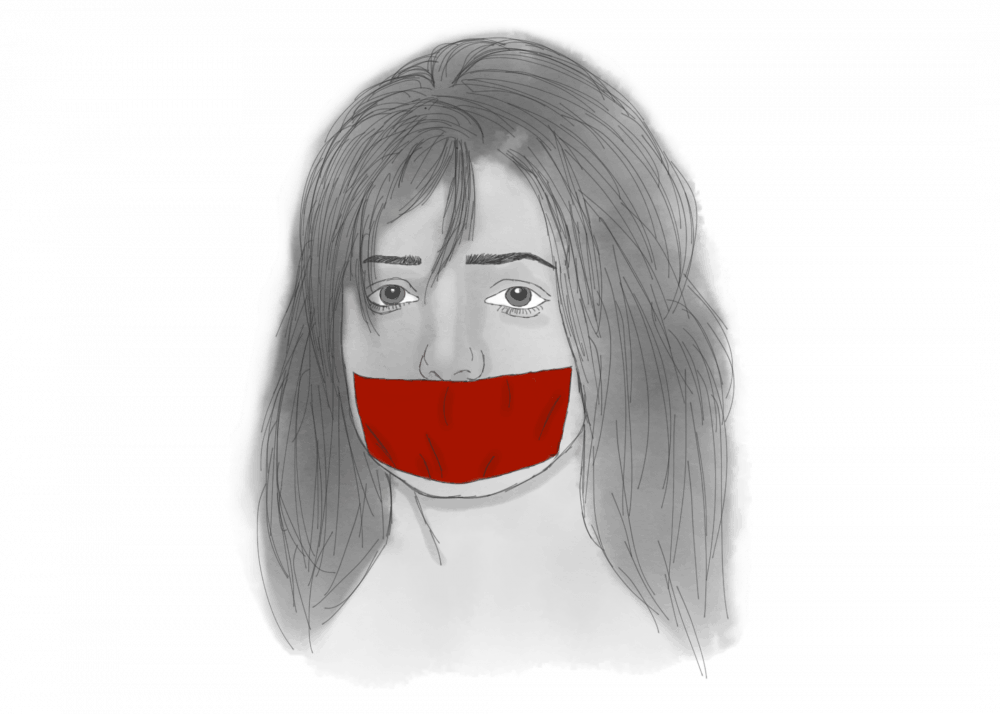If you are seeking health care, you deserve to receive the most accurate information possible. Using this lens, the Editorial Board sides with Xavier Becerra, attorney general of California in the court case NIFLA v. Becerra. Oral arguments began on March 20.
This controversy stems from California’s Reproductive Freedom, Accountability, Comprehensive Care, and Transparency Act, which passed in 2015. This law requires any licensed facility to have a notice which states, "California has public programs that provide immediate free or low-cost access to comprehensive family planning services, prenatal care and abortion, for eligible women.”
In section one of the Reproductive FACT Act, California lawmakers wrote that many pregnant women in California are unaware of their options and services provided by the state.
In order to solve this problem, medical centers are required under the Reproductive FACT Act to provide information about these services in addition to disclosing if these centers are certified by the state.
In response to this law, the National Institute of Family and Life Advocates and other crisis pregnancy centers sued the state. The NIFLA is a nonprofit organization whose mission is to create and support pro-life pregnancy centers.
The Alliance Defending Freedom, which is challenging this law on the behalf of NIFLA, believes this law forces pregnancy centers to promote abortion.
While the Editorial Board understands abortion is a controversial topic, we believe pregnant women should be presented with all of their options when seeking medical care. This includes information about adoption and prenatal care, but should also address abortion.
This information is important. It gives pregnant women the option to decide where to seek care, and crisis pregnancy centers do not always provide this information.
Crisis pregnancy centers are pro-life community centers that act as pregnancy resource centers. This is an admirable goal. However, these centers can provide incorrect information, which can skew a woman’s decision whether or not to have her child.
Crisis pregnancy centers generally only provide women with two options, parenting or adoption. Abortion is typically not mentioned, and if the choice is presented, many crisis pregnancy centers present misleading information about the procedure.
In a study published in 2014 in Contraception, an international reproductive journal, 203 of 254 crisis pregnancy centers websites had an incorrect or misleading piece of information on their website, including that there is a connection between abortion and mental health risks.
If a woman is seeking health care, she deserves to have accurate information. Perspectives on Sexual and Reproductive Health, a journal focusing on sexual and reproductive health, found abortions do not present any specific risks to a woman's mental health.
Abortion will continue to be debated in the United States. However, information about health care should not be.
Pregnancy is a major life event. It leads to major changes in a woman’s body and health, and women deserve to know all the information before they make a decision.
The Reproductive FACT Act seems to address this problem. By requiring centers provide informations about available resources as well as details about the center's certification, California is working to ensure women are aware of all options.




